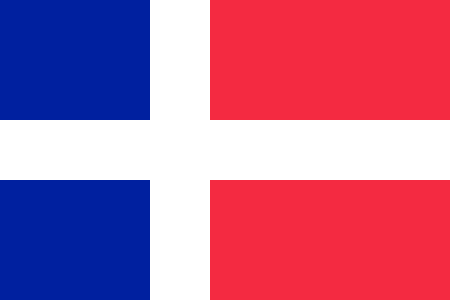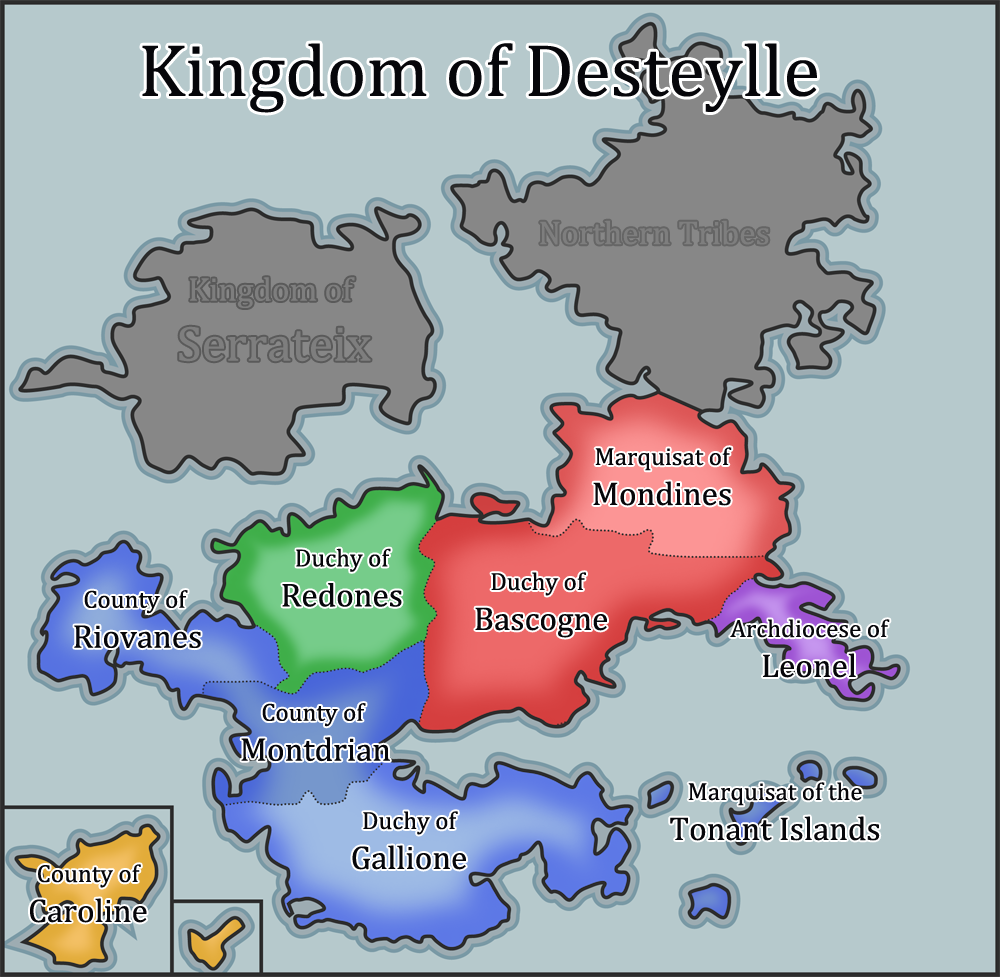Desteylle: Difference between revisions
No edit summary |
No edit summary |
||
| Line 38: | Line 38: | ||
The certification is the basic level of education. All citizens are encouraged to attend school to reach certification level in reading, writing, algebra and economic politics. | The certification is the basic level of education. All citizens are encouraged to attend school to reach certification level in reading, writing, algebra and economic politics. | ||
The license is the first level of specialization in a specific art. The mastery allows you to fullfill coordination roles. The doctorate allows you to teach in arts and participate in the councils that deliver ranks. | The license is the first level of specialization in a specific art. The mastery allows you to fullfill coordination roles. The doctorate allows you to teach in arts and participate in the councils that deliver ranks. | ||
The main arts of the University are: Physics and Chemistry, Mathematics, Architecture, Economical politics, Philosophy and Humanities, Litterature and theatre, Music, Carftsmanship, Botany, Machinery, Applied arts, Navigation, Warfare, Medicine, Councilship, Experimental sciences, Other knowledges. | The main arts of the University are: Physics and Chemistry, Mathematics, Architecture, Economical politics, Philosophy and Humanities, Litterature and theatre, Music, Carftsmanship, Botany and Animals, Machinery, Applied arts, Navigation, Warfare, Medicine, Councilship, Experimental sciences, Other knowledges. | ||
Any citizen can attend any class at any time. There are 2 ranking sessions per year, the Spring session and the Autumn session. Most of the education is made through discussion and applied research. | Any citizen can attend any class at any time. There are 2 ranking sessions per year, the Spring session and the Autumn session. Most of the education is made through discussion and applied research. | ||
Revision as of 18:18, 26 May 2022


The Republic of Desteylle is a confederation that comprises Desteylle and its dependencies on Vesperia. It is the founding and main member of the CCCP(Confédérations des Communes, Conseils et Peuples). The flag of Desteylle is named the Steylbrogue.
Politics
After the Revolution and the toppling of the old regime, Desteylle went through 20 years of political instability and civil war that lead to the final victory of the Libertarian Union over the Royalist forces and the Proprietors. The new regime established a decentralized confederacy of free communes, councils and people.
There is no central government but a House of Communes (Supreme Council) that can be assembled at any time should the Republic be in danger. It also assembles once a year to adjust common law and share ideas. Decision making is highly decentralized and organized around 3 concepts: communes, councils and people. The Communes regroup citizens with a common interest, be it a geographical or common trade. The communes organize the use of land, the industry and social activities. Examples of communes could be a village, or the navy, or the university. The Councils are assemblies that regroup interdependent communes. They are meant to coordinate the actions of communes. The Supreme Council regroups a representative of each commune and meets once a year for common policy, or at any moment there is a special topic that needs to be discussed. Councilors are chosen by the citizens of the commune and often change, this is not a fixed position but rather a mission. The People are citizens grouped around common and specific interests. The people can choose to send a representative to the Supreme Council.
Laws and decision making
The legal system is also decentralized with a few common principles that apply to the entire confederation. The main principle is that of non-constrain. A citizen cannot be forced to do or act in a way that denies his human nature. The same principle dictates that a single citizen cannot deny an entire community its own will. Therefore the punishments for crimes are all based on a form of banishment.
Each commune has its own decision making system. The most common one used is that of peer review and unanimous decision through discussion and compromises.
The university has a special position in the communes: it delivers the diploma that ranks citizens. Through his rank a citizen will be entitled to apply to certain positions. Ranks do grant preferential access to some economic ressources. The ranking system is based on peer reviewing.
Common law is derived from a mixture of previous decisions and general practice. Nothing is forbidden unless it is judged as an infringement on Fundamental Rights. Disputes are regulated through conciliation and collective decisions.
The Fundamental Rights
The founding principles of the Republic are found in the Consitution of Fundamental Rights:
- Article 1: the sovereinty of the associated producers. All distinctions will be based on participation in the work force. All citizens, whatever their trade, are part of the work force. No social status should be derived from propriety.
- Article 2: the general economic warranty. All citizens have a right to live and access the basic ressources to a decent life: housing, food and clothing.
- Article 3: the right to a decent living. All citizens have a say in their immediate living space and environnement. All citizens are sovereign over their life and body.
- Article 4: the right to time. All citizens have the right to decide how they will use their time.
- Article 5: the permanent right to control institutions. Institutions can be challenged at all times by all citizens.
- Article 6: the right to education and knowledge. All citizens are entitled to the knowledge of the world.
The University
The University is a special commune. It is a federation of schools and universities that are in charge of 2 important activities: education and ranking. The establishments are semi-autonomous, but every professor must have a corresponding rank to his level of teaching. The University delivers 4 ranks: certifications, licenses, mastery and doctorates. The certification is the basic level of education. All citizens are encouraged to attend school to reach certification level in reading, writing, algebra and economic politics. The license is the first level of specialization in a specific art. The mastery allows you to fullfill coordination roles. The doctorate allows you to teach in arts and participate in the councils that deliver ranks. The main arts of the University are: Physics and Chemistry, Mathematics, Architecture, Economical politics, Philosophy and Humanities, Litterature and theatre, Music, Carftsmanship, Botany and Animals, Machinery, Applied arts, Navigation, Warfare, Medicine, Councilship, Experimental sciences, Other knowledges. Any citizen can attend any class at any time. There are 2 ranking sessions per year, the Spring session and the Autumn session. Most of the education is made through discussion and applied research.
Culture
The Steyllch people are a rather independent and stubborn people, often arrogant and bound to civil war. While the Archadian influence was strong in lots of aspects of the Steyllch life, such as the language, the unique culture developped is a mixture of different influences. The Steyllch are definitely turned towards the sea. The southern small islands are still of Invaderijl faith, a remnant of the occupation of the area by Nosamo, dating back from before the Imperial Spring.
The de facto national song of Desteylle is "Le temps des cerises"